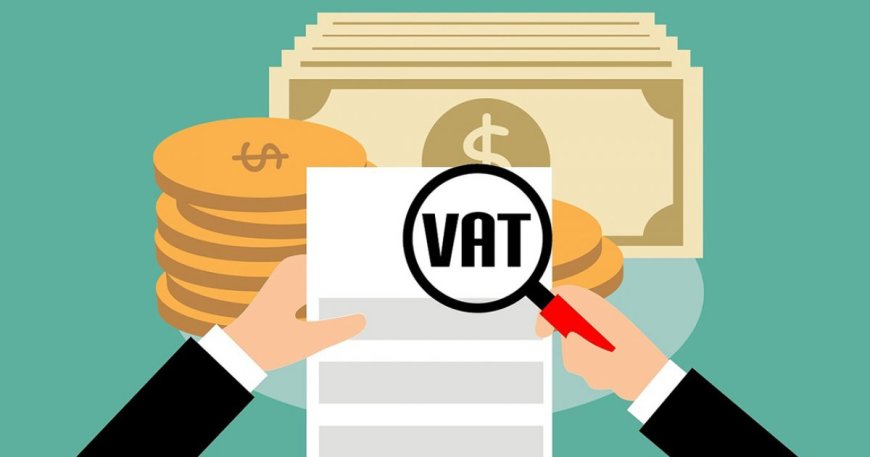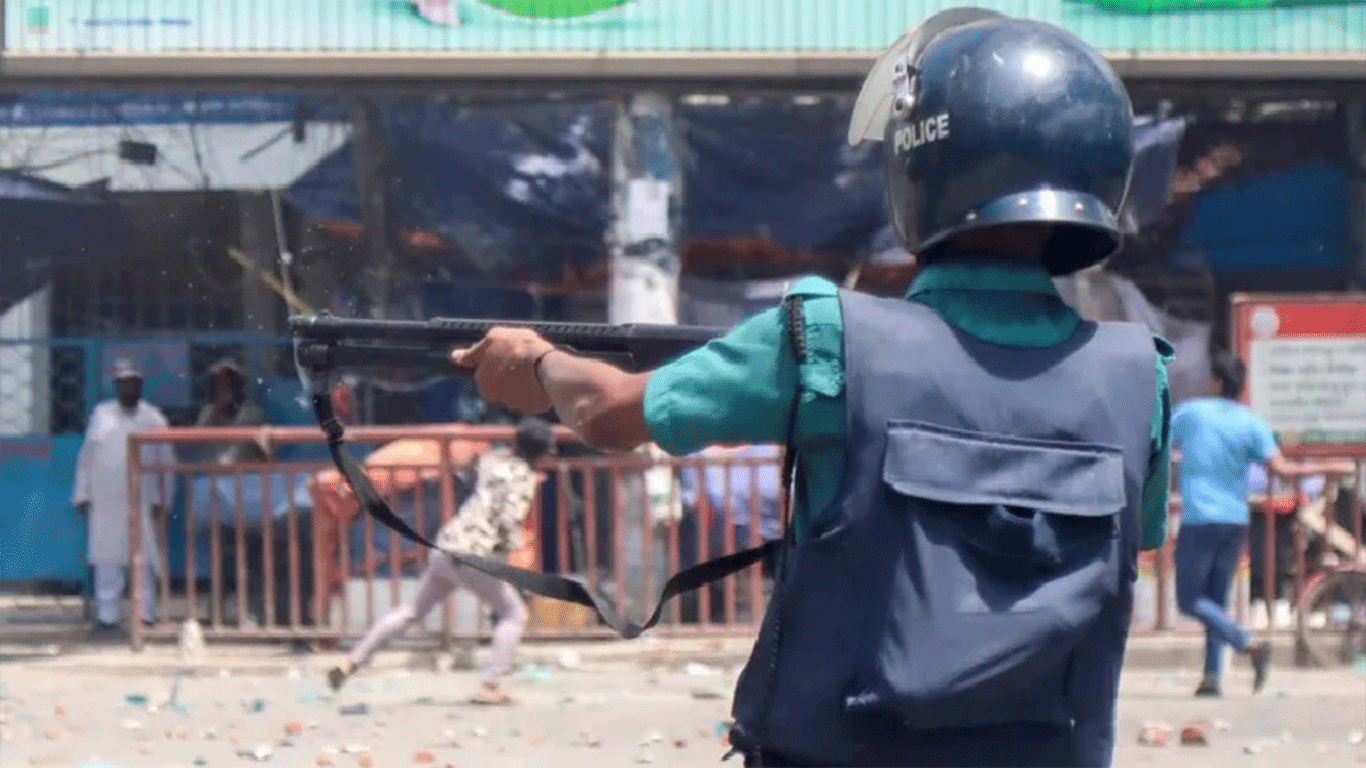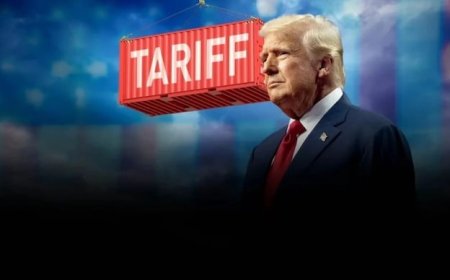The VAT of Doom: A Harsh Lesson in Governance
The Impact of the VAT Hike on Daily Life

When Pizza Comes with a Price: The Bitter Bite of VAT Hikes
Imagine enjoying your favorite pizza at a restaurant, only to have the joy dashed when the bill arrives with an unexpected, hefty surcharge. What used to be a modest treat now feels like a luxury, as the Value Added Tax (VAT) turns everyday indulgences into expensive splurges.
The interim government has wielded VAT like a universal solution, applying it indiscriminately to goods and services alike. Dining out? That’s 15% more. Shopping for Eid? Brace for a 15% markup. Craving some sweets? Double the VAT on desserts makes your celebrations less sweet and more costly.
But the ripple effects extend far beyond dining tables. Everyday essentials, from tissues to medicines, now bear inflated tariffs. For instance:
- A Tk1000 restaurant bill now includes an extra Tk150 VAT.
- Tk100 mobile phone recharge leaves only Tk43.70 for use after taxes.
- A Tk3000 Panjabi for Eid now costs Tk3450 due to the VAT increase.
- Local medicine VAT has risen from 2.4% to 3%, burdening healthcare costs.
- Fruits, a staple for the sick, face surcharges as high as 30%.
The government’s rationale? Meeting IMF conditions and addressing revenue shortfalls. Yet, this strategy feels less like fiscal responsibility and more like an easy shortcut that disproportionately impacts the middle and lower-income populations. While taxing wealth and addressing tax evasion would have been equitable, the government opted to target those least equipped to bear the burden.
The results are palpable. Sirajul Islam remembers when haleem cost Tk80—it’s now Tk130. Rokeya Begum struggles with the soaring cost of medicines. Celebrations like Ramadan and Eid, free from political tyranny for the first time, now feel financially oppressive.
The Dhaka Chamber of Commerce and Industry (DCCI) has highlighted the long-term dangers: stifled production, rising costs, higher unemployment, and runaway inflation. Economists argue for alternatives: enforcing tax compliance among TIN holders, taxing unproductive assets, and reforming property taxes. Instead, the government has leaned heavily on VAT, leaving citizens trapped in a cycle of higher costs and stagnant incomes.
Beyond the economic strain, this taxation policy erodes trust and amplifies inequality. It prioritizes revenue over public welfare, while corruption and inefficiency in governance remain unchecked. The government’s defense—that these measures stabilize the economy—rings hollow. Stability achieved by impoverishing citizens is no stability at all.
Bangladesh deserves leadership that uplifts its people. Governance must balance economic reform with empathy, ensuring policies don’t disproportionately harm the most vulnerable. By focusing on broadening the tax base, targeting the wealthy, and addressing systemic inefficiencies, the government can rewrite its narrative.
What began as an interim government of hope risks devolving into a symbol of despair. The choice is clear: pursue equitable reform and restore trust, or continue down a path of short-term fixes and long-term harm. Bangladesh’s people deserve better. It’s time for governance that champions resilience and fosters progress, transforming this fiscal crisis into an opportunity for sustainable growth.
What's Your Reaction?















































































